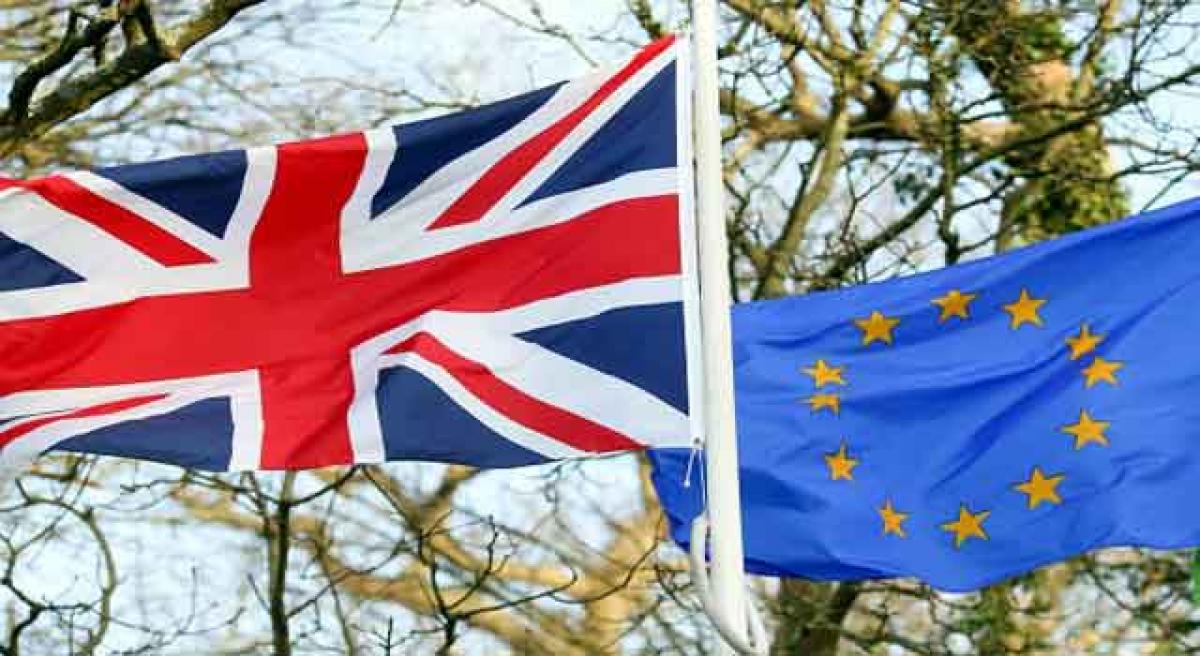Live
- India Capitals appoint Ian Bell as captain for LLC season 3
- MP CM to visit Kolkata to attend Global Business Summit on Friday
- 49th All India Music & Dance Competitions Begin Today with Inaugural Ceremony
- Popular auctioneer Richard Madley to helm SA20 player auction on October 1, 2024
- President Murmu wins hearts in MP, seeks blessing of Mahakaal
- Israel puts forward new Gaza ceasefire deal: state media
- Over 100 Chakma houses & shops set on fire in B’desh, claims rights body
- MAHE Researchers Ranked Among the Top 2% Globally for 2024 in Prestigious Citation Database
- Woxsen University Secures 6th Spot in Asia-Pacific in the prestigious Bloomberg Best B-School 2024 Rankings
- Yamaha launched ‘The Call of The Blue’ Version 4.0 brand campaign for the young and dynamic customers









